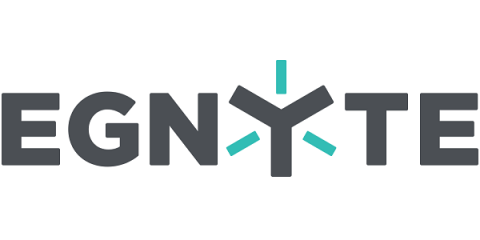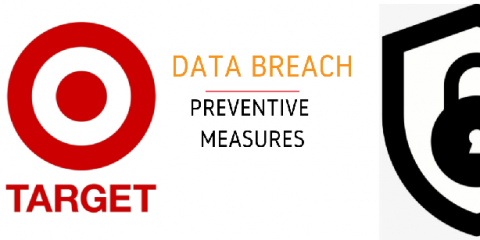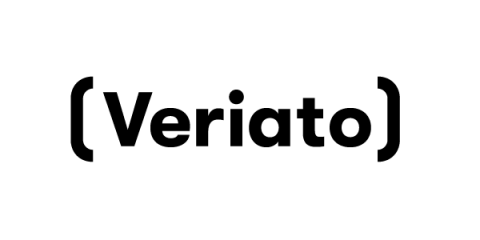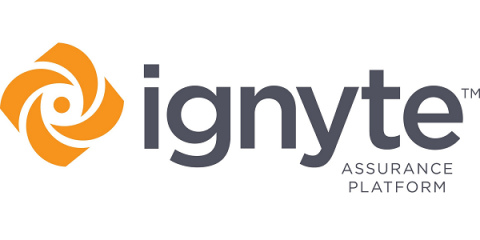Announcing Pype + Egnyte Integration
Pype provides innovative construction software solutions – AutoSpecs, Closeout, and eBinder – that enable teams to start projects faster and close out stronger. Called “game changers” by top GCs, Pype is dramatically changing business operations for construction, with proprietary, industry-leading specification management and closeout automation software.










